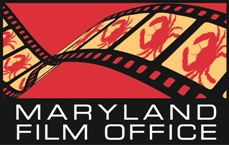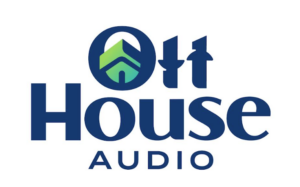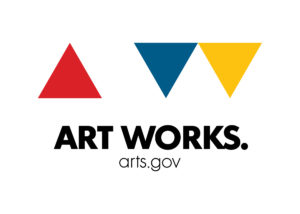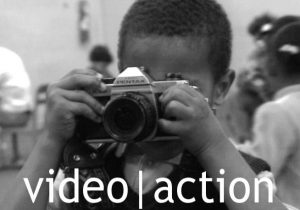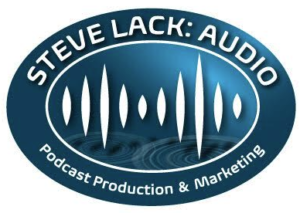Written by: Jillian M. DiNardo
Panelists Overview
The first speaker was Lance Kramer, the executive director of Meridian Hill Pictures, followed by Rosemary Reed, the owner and president of Double R Productions. Chithra Jeyaram spoke third; she is a documentary filmmaker with Real Talkies. Ending the panel was Mariah Craven, the communications director of the Washington Area Women’s Foundation.
Hints and tips from the experts
1. Film is a collaborative art form where a group works together to weave small elements into a story. Sometimes it can be tricky to find the balance of creative control between the filmmaker and the programming staff.
2. Make a contract and make it early in the process. In it, establish strict rules for budgeting and production, but also include what kind of relationship you seek to establish with the company you are working with. Put everything in writing and agree on all terms in advance.
3. Approve the outline or script before even thinking about shooting and decide on how many rounds of changes and edits should be done. Then make a very clear physical list of these changes.
4. Be aware that there will be roadblocks and predict how you will overcome them. Share your expertise when appropriate and let others talk when they know more on the topic.
5. Collect interviewees together to get shooting done efficiently.
6. Find ONE point person to work with in the company. Groupthink always causes issues.
7. When making a film, working directly with communities can be very beneficial. Treat them like coauthors and be aware and appreciative that they are making themselves vulnerable to you.
8. When clients are looking to work with you as a filmmaker, they will see the last project you completed. Make sure every “last project” reflects your best work.
9. When working on a small budget, make deals with vendors and others with talents that would be useful for your video. Also, companies should not be afraid to tell the filmmaker the budget up front. Try to make the company give you a straight answer.
10. Have reasonable expectations when working pro bono and expect to fundraise.
11. A good documentary has a strong hook, engaging and genuine characters, a clear articulation of social issues or a view of a new world (or other side of a familiar one), and a satisfying resolution. It should motivate viewers to learn more about the issue presented.
12. A great video may take many years of collecting funding and building relationships with those involved.
13. Don’t aim for a viral video; that should only be a fortunate possible outcome. Don’t waste a great video because you did not plan how to share it.
A video of this panel will be on Martha Dodge’s blog, “The Video Effect,” very soon! Here you can find a breakdown of the panel as well as full bios on the speakers: http://thevideoeffect.net/panel-series-2013/
Panel organized by Martha Dodge Media LLC










